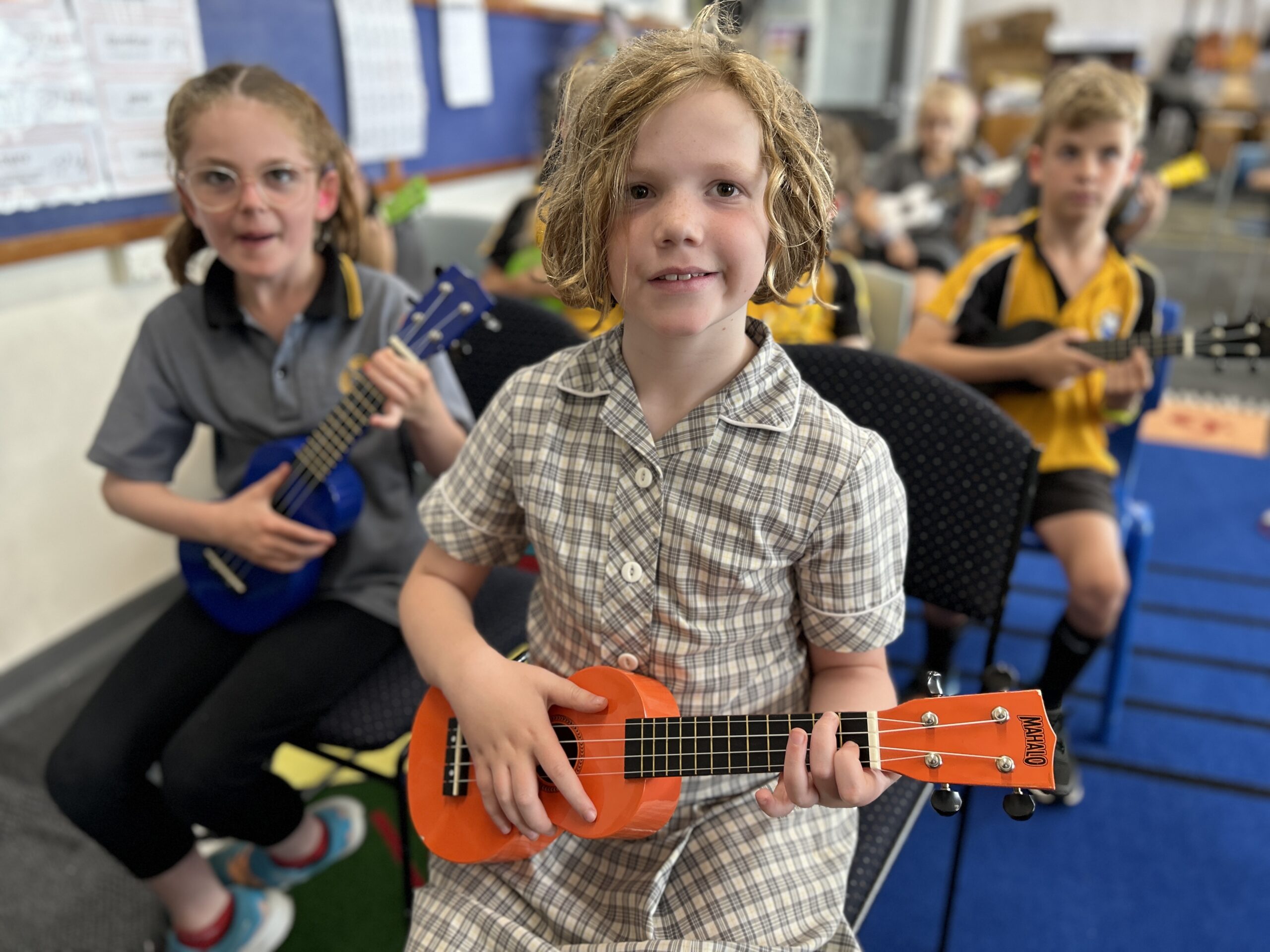Music


Our Music Program
Our extensive Music program is led by specialist music teachers. Students in Foundation – Year 6 participate in weekly Music lessons. Our Music program engages students, excites their imagination and encourages them to reach their creative and expressive potential. Skills and techniques developed through participation in music learning allow students to manipulate, express and share sound as listeners, composers and performers. Music learning has a significant impact on the cognitive, affective, motor, social and personal competencies of students.
